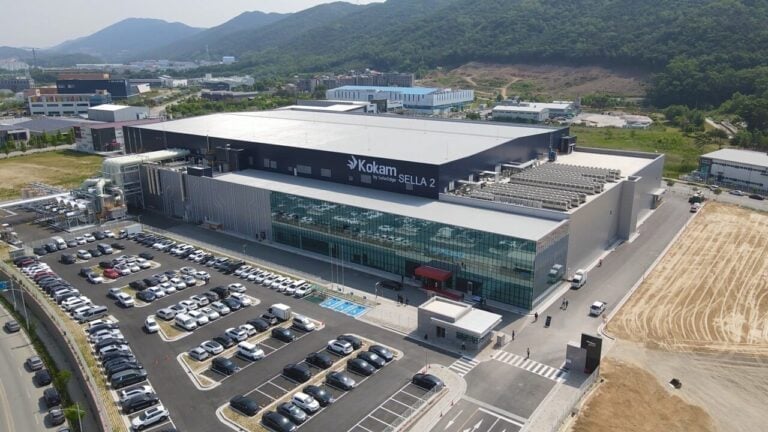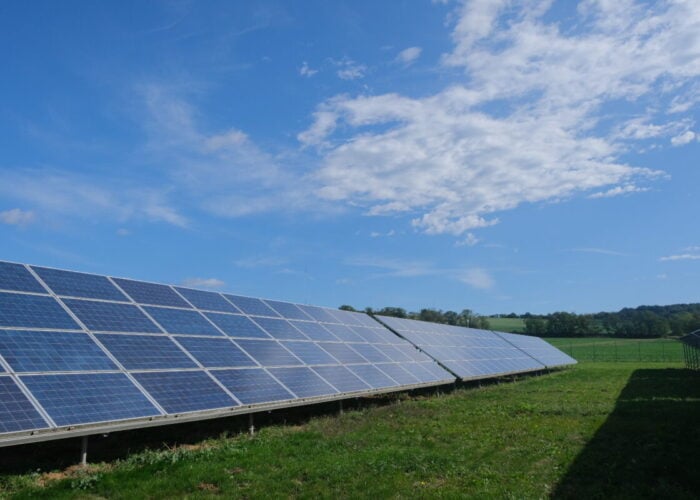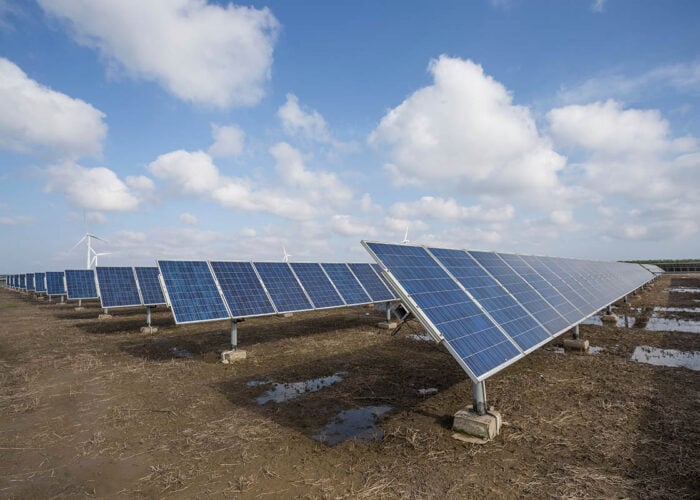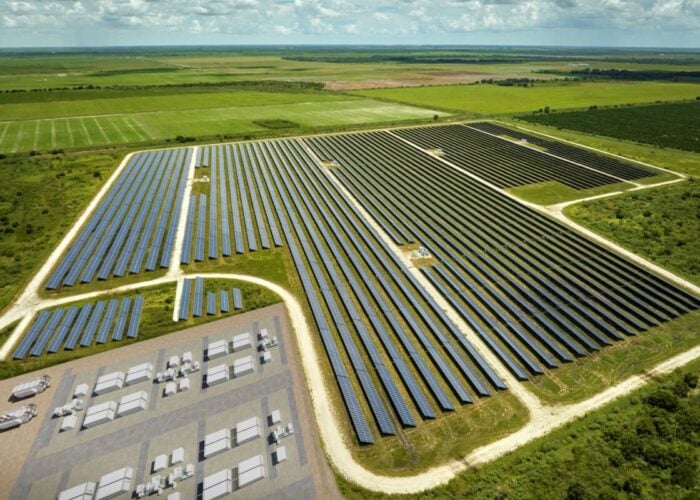
SolarEdge interim CEO Ronen Faier has spoken about the closure of the company’s utility-scale battery storage manufacturing business.
Faier responded to Energy-Storage.news’ enquiry relating to the news this week that SolarEdge will close down its Energy Storage Division, which was also covered by PV Tech.
Unlock unlimited access for 12 whole months of distinctive global analysis
Photovoltaics International is now included.
- Regular insight and analysis of the industry’s biggest developments
- In-depth interviews with the industry’s leading figures
- Unlimited digital access to the PV Tech Power journal catalogue
- Unlimited digital access to the Photovoltaics International journal catalogue
- Access to more than 1,000 technical papers
- Discounts on Solar Media’s portfolio of events, in-person and virtual
The move results in the company cutting total headcount by about 12%, laying off around 500 staff, mostly in manufacturing positions in South Korea, early next year.
With SolarEdge in an ongoing restructuring and seeing a slump in shipments for its core inverter and PV optimiser businesses, the NASDAQ-listed Israeli company is shifting away from non-PV-related energy storage activities.
Faier confirmed that the division’s closure means the total exit from battery cell and pack manufacturing with the Sella 2 factory in South Korea shuttered ahead of the sale of assets. The factory, named after SolarEdge’s late founding CEO Guy Sella, opened in 2022.
Asked whether the move in any way signifies the importance of sourcing batteries made by domestic suppliers for the US market as some media had speculated, Faier said this was not the case, reiterating instead that it “represents a focus on our PV inverter and batteries business and hence the decision to close the non-PV battery cell and utility battery systems [business]”.
“Storage activity that is not PV-focused is out of our focus area at this time,” Faier said.
“The energy storage division that we are closing, given that it is utility-scale focused, is a different market than the core solar, solar-tied batteries and energy management capabilities that we are focusing on in the residential and commercial segments.”







